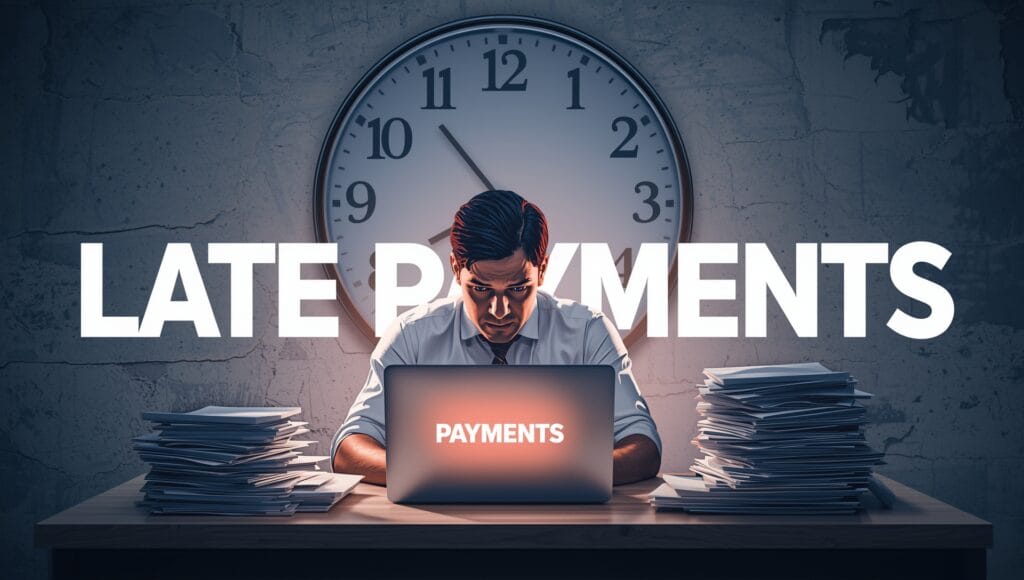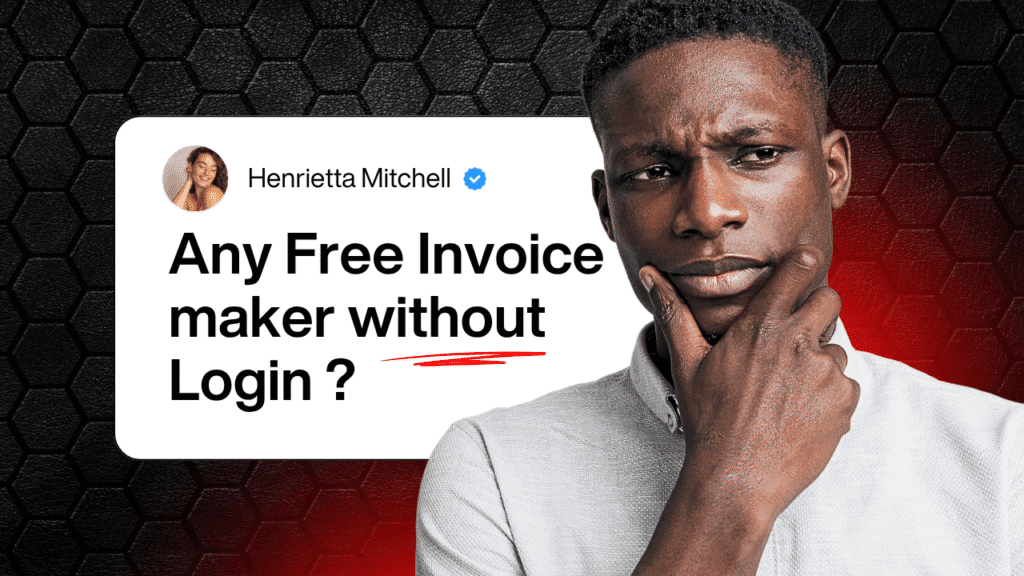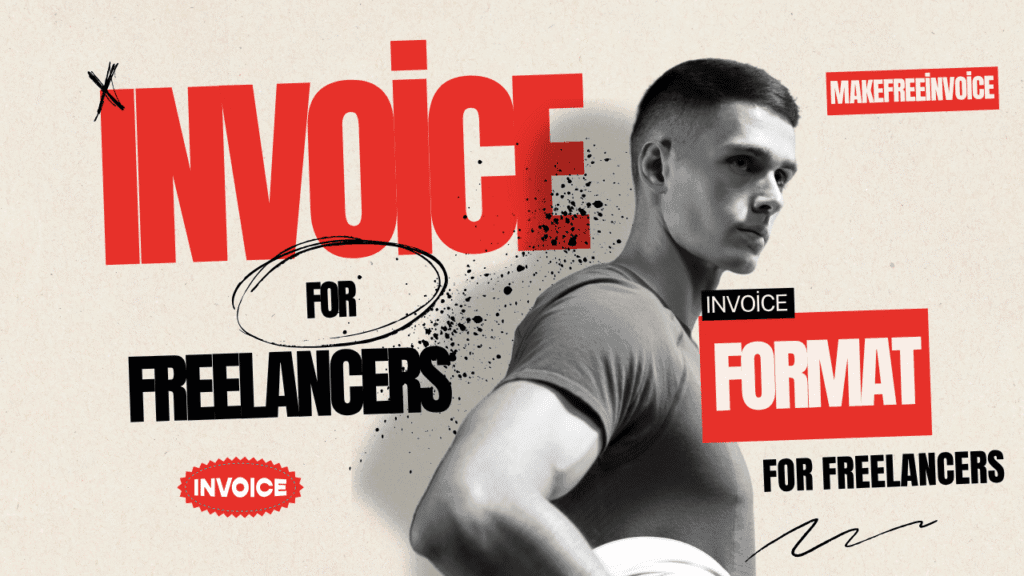
Late Payments for Freelancers: The #1 Problem Worldwide
Late payments for freelancers have become a universal pain point in the global gig economy. Whether you’re a designer in New York, a developer in India, or a writer in Europe, invoices that go unpaid or are delayed for weeks (sometimes months) can destroy financial stability. In this article, we’ll explore why late payments for freelancers remain such a pressing issue, what solutions exist, and whether the controversial idea of publicly blacklisting late-paying clients could be the game-changer freelancers desperately need.
Why Late Payments for Freelancers Are a Global Crisis
The rise of the gig economy has brought incredible opportunities, but also serious risks. Reports suggest that nearly 60% of freelancers worldwide face late payments at least once a year. The problem of late payments for freelancers is not limited to developing nations; even in advanced economies, companies exploit the weaker bargaining power of freelancers.
For many professionals, late payments for freelancers mean rent not being paid on time, bills piling up, and emergency funds being drained. Unlike traditional employees, freelancers lack consistent paydays. When one client delays, it creates a ripple effect across every part of life.
Causes of Late Payments for Freelancers
To fix the problem, we must first understand why late payments for freelancers keep happening:
- Clients with Poor Cash Flow – Some businesses genuinely struggle to pay on time. Unfortunately, the burden of these struggles falls on freelancers.
- Intentional Delays – In some cases, clients delay payments to preserve their own cash reserves. This unethical practice contributes heavily to late payments for freelancers.
- Weak Contracts – Without strong contracts, many freelancers leave themselves unprotected, which often leads to delayed or unpaid invoices.
- International Barriers – Cross-border work creates challenges like currency conversion delays, banking issues, and tax complications that contribute to late payments for freelancers.
The Real Impact of Late Payments for Freelancers
The harm caused by late payments for freelancers goes far beyond financial stress. Emotional and professional consequences are equally damaging:
- Stress & Anxiety: Constantly chasing money affects mental health.
- Damaged Client Relationships: The cycle of late payments for freelancers often ruins long-term partnerships.
- Cash Flow Instability: Freelancers struggle to plan savings or investments.
- Professional Growth Halted: When dealing with late payments, freelancers can’t focus on skill-building or scaling their work.
The world often glamorizes freelancing as “freedom,” but late payments for freelancers prove that freedom comes with its own shackles.
Traditional Solutions to Late Payments for Freelancers
Over time, many strategies have been suggested to tackle late payments for freelancers:
- Upfront Deposits: Requesting 30%–50% before starting work helps reduce risk.
- Payment Milestones: Breaking projects into stages ensures cash flows in increments.
- Contracts & Legal Clauses: Adding late fee penalties to contracts discourages delays.
- Invoice Tools: Platforms that automate reminders minimize excuses for late payments for freelancers.
- Freelance Platforms: Some sites hold payments in escrow, ensuring freelancers get paid.
While these solutions help, they don’t completely solve the crisis of late payments for freelancers.
Controversial Question: Should Freelancers Blacklist Late-Paying Clients?
This brings us to the big debate: should freelancers publicly expose or blacklist clients who delay payments?
On one hand, late payments for freelancers could be reduced if there were public platforms where clients’ histories were transparent. Just as companies check freelancer ratings on Upwork or Fiverr, why shouldn’t freelancers rate clients?
But on the other hand, blacklisting raises serious concerns:
- Defamation Risks: Naming clients might lead to legal backlash.
- Professional Reputation: Freelancers risk being seen as “difficult.”
- Context Matters: Not every case of late payments for freelancers is intentional; some may result from unavoidable situations.
Still, the idea sparks fierce debate because late payments for freelancers continue unchecked worldwide.
Global Case Studies: Late Payments for Freelancers
- United States: Freelancers Union reports nearly 70% of independent workers have faced delayed payments. Many states are now debating stronger “Freelance Isn’t Free” laws to reduce late payments for freelancers.
- Europe: The EU has introduced directives requiring companies to pay suppliers (including freelancers) within 30 days, yet late payments for freelancers remain common.
- Asia: In markets like India and the Philippines, weak legal systems make it extremely difficult to recover unpaid invoices, leaving late payments for freelancers as an everyday reality.
What Freelancers Can Do to Protect Themselves
To fight against late payments for freelancers, here are some practical steps:
- Always Use a Written Agreement: Even for small jobs.
- Request Deposits: Make it a non-negotiable rule.
- Automate Invoicing: Use tools that send reminders and track due dates.
- Enforce Penalties: Add late fees to contracts.
- Diversify Clients: Relying on one big client increases the risk of late payments for freelancers.
- Build a Network: Sharing experiences in communities helps warn others about repeat offenders.
The Role of Governments and Platforms
Ultimately, solving late payments for freelancers cannot be done by individuals alone. Governments, industry bodies, and platforms must step in. Stronger laws like “Freelance Isn’t Free” in New York or digital escrow systems can drastically reduce late payments for freelancers.
Freelance platforms can also create transparent databases of client histories. If workers can be rated, why not clients? This fairness could prevent countless cases of late payments for freelancers.
Conclusion: The Future of Late Payments for Freelancers
The freelancing revolution is here to stay, but so is the problem of late payments for freelancers. While traditional solutions like contracts, deposits, and invoicing tools help, they don’t fully protect workers. The controversial idea of publicly blacklisting late-paying clients may sound extreme, but it forces an important question: how long will freelancers be expected to tolerate financial exploitation?
Perhaps the real answer lies in a mix of stronger laws, smarter tools, and global solidarity among freelancers. Until then, late payments for freelancers will remain the number one challenge in the gig economy.
Popular Search Terms:
- how to deal with late payments as a freelancer
- late payments for freelancers solutions
- blacklist late-paying clients freelance
- clients not paying freelancers
- payment issues freelancers face
- freelance cash flow problems

